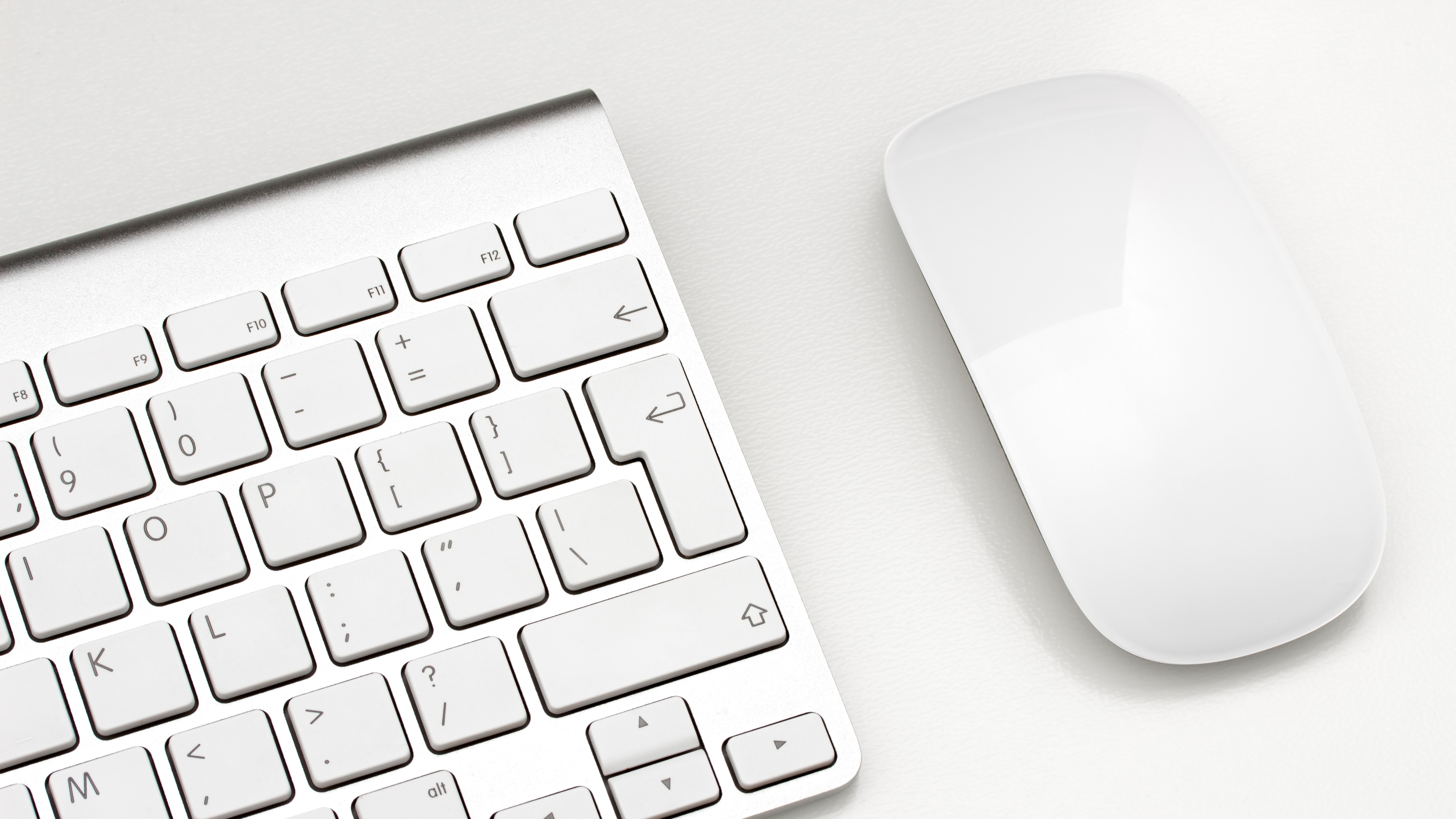
Apple’s big reveal of M4 Macs this week came with the introduction of the manufacturer’s new peripherals: the Magic Mouse, Magic Trackpad, and Magic Keyboard, with USB-C replacing the previous Lightning charging ports - but they currently only work properly with macOS Sequoia 15.1.
This means if you’re still on macOS Sonoma (Sequoia’s predecessor), Ventura, or any older version of the OS, the new Mac accessories will not fully work as intended. The issues were spotted by users in MacRumors’ forums, which include claims of the Magic Mouse having scrolling issues, along with the Magic Keyboard’s Touch ID and function keys not working.
While it may come as a surprise to see Sonoma and Ventura’s compatibility for the peripherals seemingly left out (after all, even Ventura is no more than two years old), it’s also a shock to see that the macOS Sequoia 15.2 beta has the same issues - it’s important to note that Apple will likely add full support for the new peripherals later on, but this certainly isn’t a given for the previous macOS versions.

Will macOS Sonoma and Ventura have full support for the USB-C accessories?
Considering the omission of Wi-Fi 7 on M4 Macs (much to our surprise), this could be yet another strange decision from Apple, if the older OS versions remain partially incompatible with the new peripherals. The positive news is that at the very least, the Magic Keyboard maintains a standard level of functionality - though frankly, this still isn’t good enough for products that are so expensive.
As for the Magic Mouse, the main issue is the total inability to scroll - perhaps the biggest blunder from Apple this week, since that's one of the most basic functions a mouse should have. While it might be easy for most users to just upgrade to macOS Sequoia, this feels all too familiar to Microsoft Windows and its frequently-forced updates.
There is a chance that this is a temporary matter with the issues potentially being investigated already, but it wouldn’t surprise me to see Apple ignore previous macOS versions in an attempt to push users over to Sequoia - let’s hope that’s not the case, since some users on work systems might not have that option.







